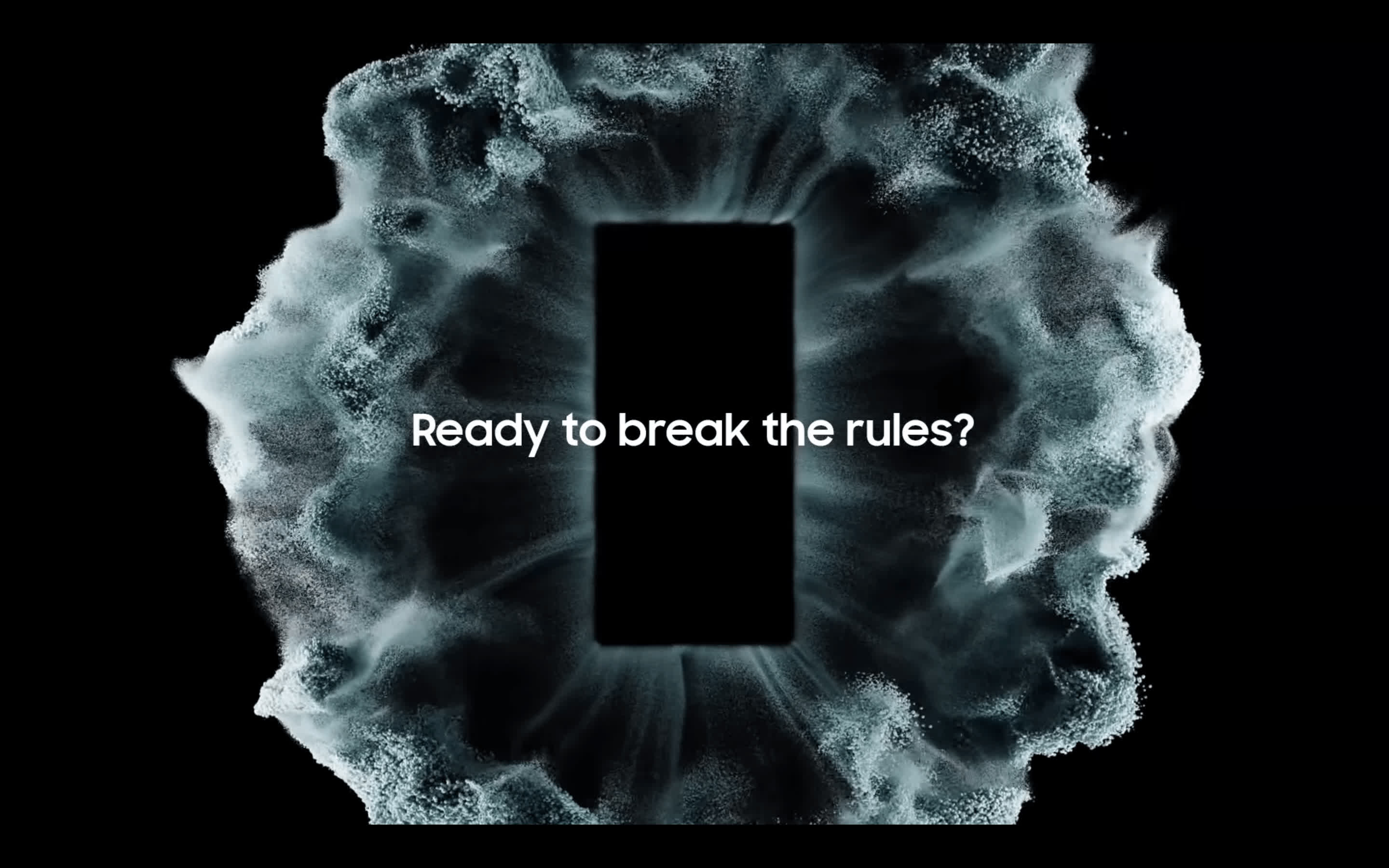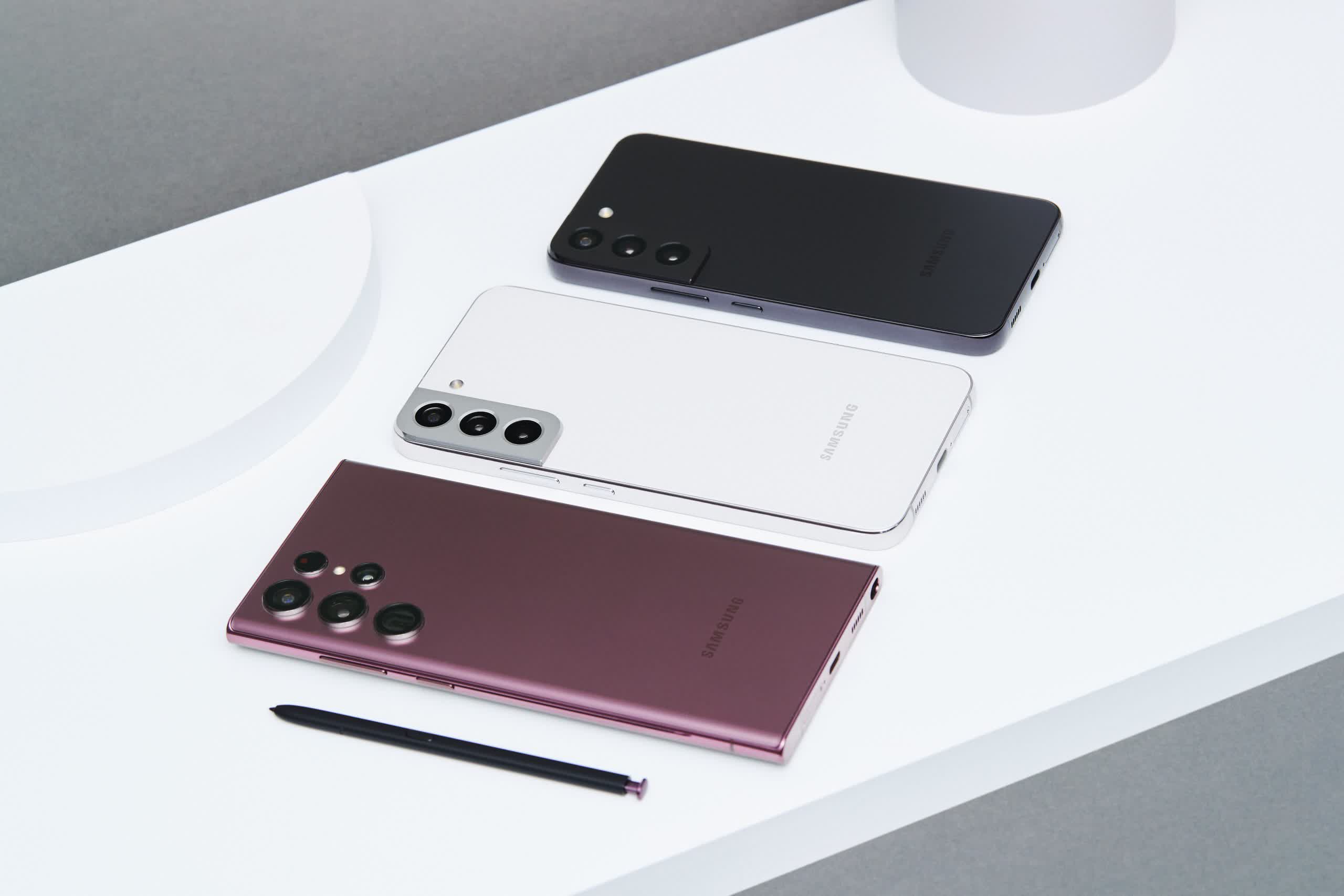A hot potato: Samsung has chosen to aggressively throttle performance on its Galaxy S phones through something called the Game Optimizing Service, which has many fans up in arms. Now it's facing regulatory scrutiny and a class action lawsuit in South Korea.
Earlier this month, someone curious enough to test Samsung's Galaxy S22 performance claims found that they only held true while running benchmark apps. It turned out the company had been throttling thousands of popular apps on its flagship phones, presumably to preserve battery life and prevent them from overheating during heavy use.
This prompted the developers behind popular benchmarking tool Geekbench to ban the last four generations of Galaxy S series phones, as many users complaining on Korean social media and Samsung's support forums said they've also experienced this issue on older models.
Samsung recently issued an FAQ on its Korean support website in response to the public outcry. In it, the company said its Game Optimizing Service (GOS) is designed to help Galaxy devices balance performance and battery life in a way that doesn't affect the user experience.

The Korean giant notes the list of 10,000 apps that surfaced online is used by GOS to quickly determine if a newly installed app is a game or not. At the same time, the company said benchmarking tools are not identified as games, so their behavior ins't managed by GOS. This is more or less an admission that it knowingly throttled popular games, something that also got OnePlus into hot water last year.
In a future One UI update, Samsung will be adding a toggle for people who want to disable GOS on their Galaxy S phone. However, The Korea Herald writes that South Korea's Fair Trade Commission is planning to start an investigation into the matter to see if the company violated advertising law when marketing its Galaxy S22 phone lineup.
Samsung's problems don't stop there, as a different local publication claims a class action lawsuit is brewing against it. Apparently, several Galaxy S22 owners aren't happy over being misled about the phone's performance capabilities, so they're asking for 300,000 won ($245) in compensation per person.
With so many recent phones packing more compute punch than their cooling can handle, it shouldn't come as a surprise that companies like Razer are building RGB fans you can strap to your mobile devices. Some phone makers like Nubia even go as far as integrating small fans into their handsets to ensure their chipsets offer the highest possible level of sustained performance without overheating.
